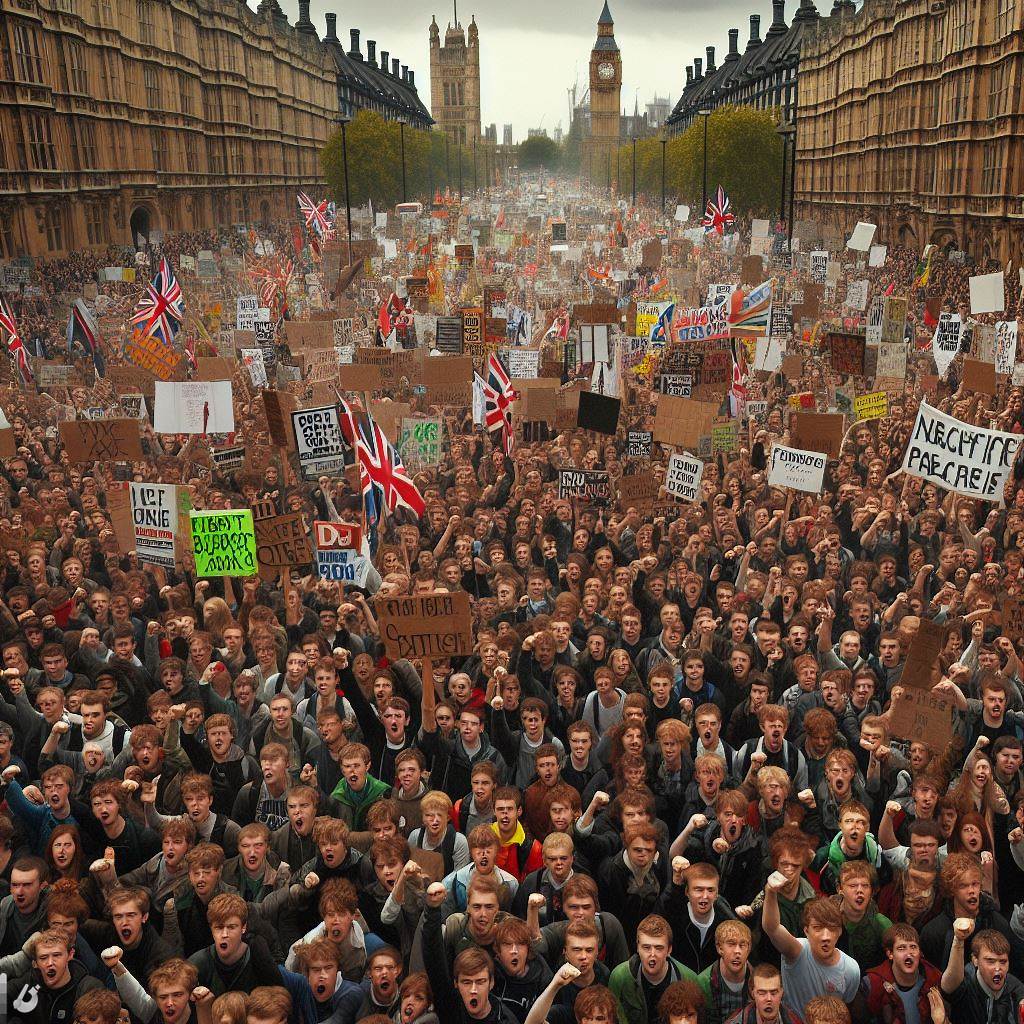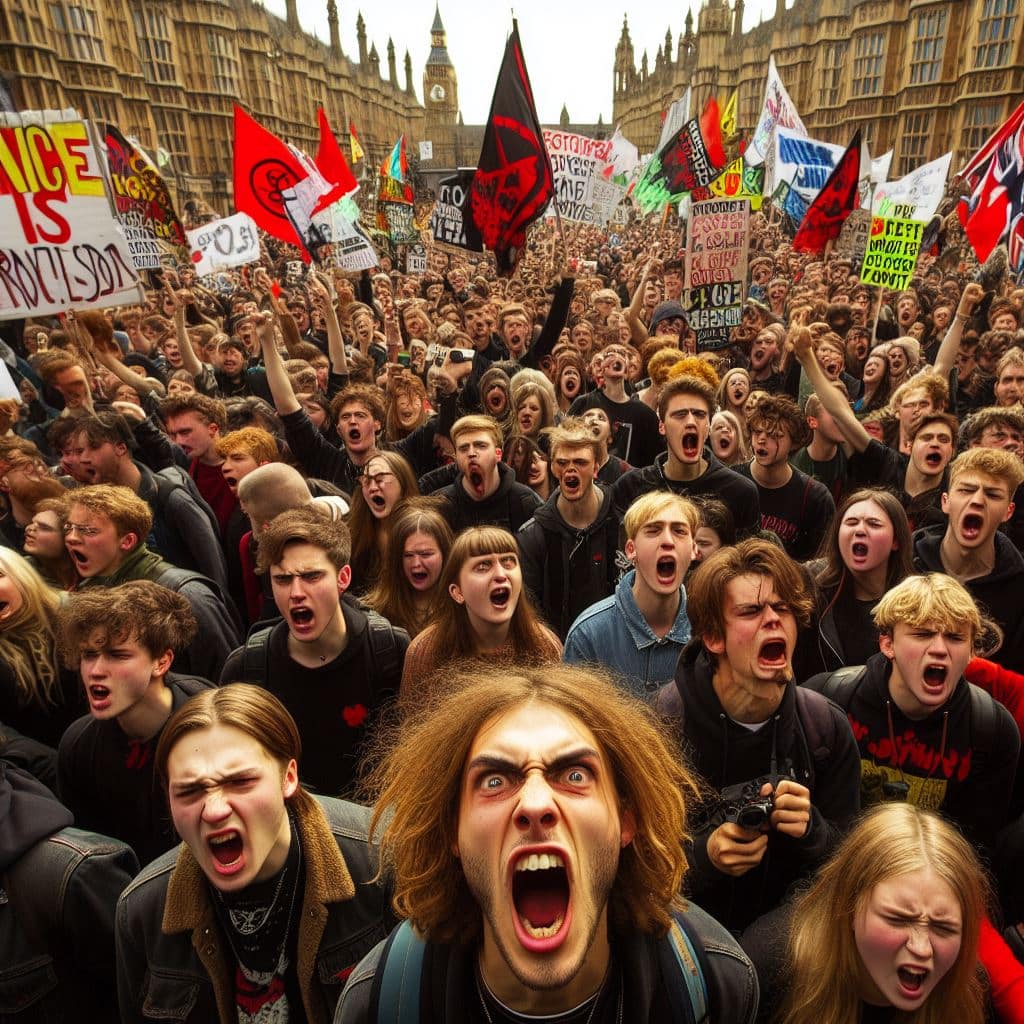The 2010s: A decade in review (Part 2 of 3)
SUGGESTED



Generation Left
Like presumably every decade since the invention of the printing press, the 2010s produced their fair share of articles that aged comically badly. I don’t know whether anyone has ever compiled a ranking of these, but my nomination would be this article here from The Economist, published in June 2013, which said:
“Young Britons are classical liberals: as well as prizing social freedom, they believe in low taxes, limited welfare and personal responsibility. In America they would be called libertarians.”
With the benefit of hindsight, it may seem hard to believe that someone could so badly misjudge the political mood among Generation Novara. And yet, the article was based on actual polling data. Perhaps on biased polling data, and perhaps on a selective reading of it, but even so: in order to read data selectively, there has to be at least some ambiguity in it.
That ambiguity existed in the early 2010s, because at that stage, Millennials were not yet a particularly left-wing generation. They were, in general, not yet a particularly political generation, and age, in general, was not yet an especially good predictor of political opinions. That had changed drastically by the end of the decade. As Keir Milburn, a Marxist Political Economist, points out in his aptly titled book Generation Left (2019):
“[O]ver the last few years […] [a]ge has emerged as the key dividing line in politics. Young people are much more likely to […] hold left-wing views, while older generations are more likely to […] hold conservative […] views. […] The scale of the divide is unprecedented […] [but] its political significance has been overlooked. […] It’s a phenomenon that’s currently among the most important in the world to grasp”.
Quite so – and the British Right has been absolutely terrible at grasping it. Their most common reaction has been to simply deny that it even exists.
Millennials did not start the 2010s as Generation Left. It was their experience of the 2010s which turned them into that, a phenomenon which was not inevitable, and for which the British Right has, in parts, itself to blame.
The Great Awokening and Culture War Britain
The 2010s were the decade of the Great Awokening. Woke people themselves like to deny that this is even a thing, and performatively roll their eyes when they hear the word “woke”, pretending not to know what it means. But the Great Awokening is very real indeed. For example, a recent media analysis has looked at the relative frequency with which words associated with a woke worldview – e.g. “white privilege”, “unconscious bias”, “cultural appropriation”, “whiteness” and “hate speech” – appear in the British media. They find that while the use of those terms showed no particular trend in the 2000s or very early 2010s, it then began to rise sharply at some point in the first half of the 2010s. Meanwhile, the majority of young adults are now being taught Critical Race Theory at school, and the majority of people who work for large employers are taking classes in “unconscious bias training”.
I really don’t want to “both sides” the Culture War, because that would be a massive False Equivalence: in the Culture War, woke progressives are the aggressors, and the anti-woke side is just fighting back. But it is worth pointing out that there are now two sides in the Culture War. Because for most of the 2010s, this was not the case. But there is now a distinct, identifiable “anti-woke side”, represented by media outlets such as GB News and TalkTV, which, although they only went on air in the beginning of this decade, clearly sprang up in response to the Great Awokening of the 2010s.
I remember reading about “the Culture War” in the early 2010s, but back then, it was presented as an almost exclusively American phenomenon, which had, at best, faint echoes in Britain. The 2010s changed that. Britain now has its very own, homegrown Culture Wars.
Continue to Part 3
1 thought on “The 2010s: A decade in review (Part 2 of 3)”
Comments are closed.





certainly like your website but you need to take a look at the spelling on quite a few of your posts Many of them are rife with spelling problems and I find it very troublesome to inform the reality nevertheless I will definitely come back again